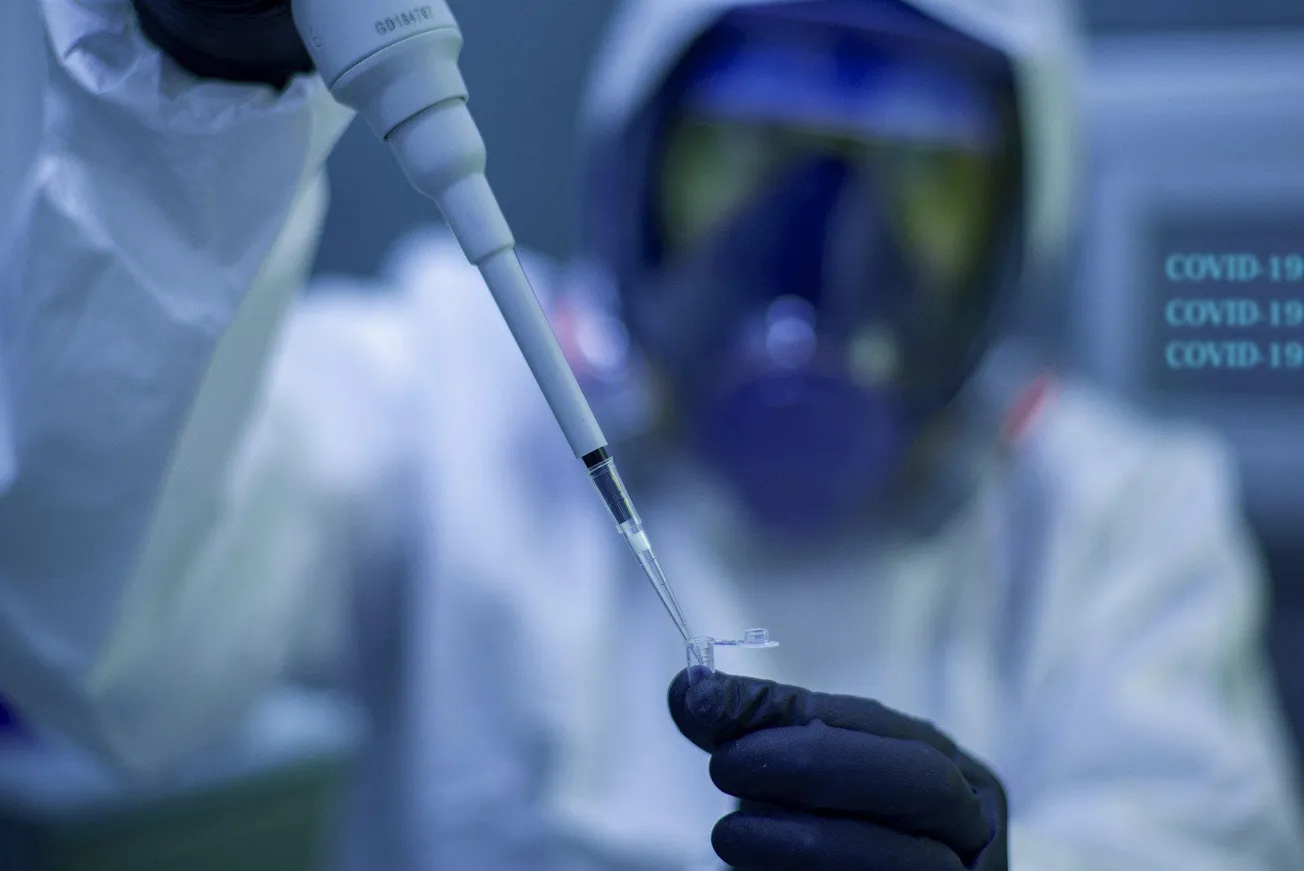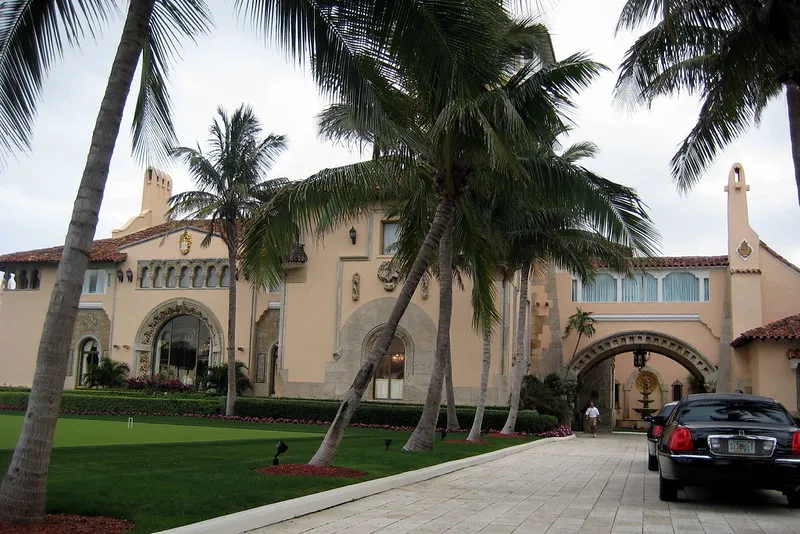Japanese anger at the U.S. military, due to the latest coronavirus clusters in Okinawa, is coalescing around the exemption from travel restrictions that the U.S. military enjoys. The Japanese government has banned travel from the U.S. to Japan, due to the severity of the pandemic in the U.S., but the U.S. military, because of the 1960 Status of Forces Agreement (SOFA), is exempt from it, and as a result, U.S. military personnel and their families are still able to fly into Japan, including through commercial airports. Japanese health authorities fear that this is a huge loophole that will prevent them from stopping the import of the coronavirus into Japan.
Defense Minister Taro Kono, during a July 14 press conference, had strong words for the U.S. military following the July 12 arrival of a U.S. military family of three at Tokyo‛s Haneda airport which was on its way to the Iwakuni Marine Corps Air Station. They were tested at Haneda, and they were supposed to stay around until the test results came back. They had promised to rent a car instead of using public transportation to head out to Iwakuni. Instead, they left early the next day after spending the night in a local hotel and flew by commercial air to Iwakuni. Afterwards the tests came back positive for all three of them.
“It was a false declaration,” Kono asserted, adding that he will demand that the military take preventive measures. “We’ve learned there are some flaws” in the military’s handling of the pandemic, Kono said.
The situation with the Marines in Okinawa continues to burn as well. Okinawa Governor Denny Tamaki flew to Tokyo on July 15 to call on the central government and U.S. Embassy to share all such relevant information with prefectural authorities, particularly with regard to the coming and going of those found to be infected so that routes of infection can be traced, reported the Asahi Shimbun. A Foreign Ministry official insisted that “such information has been provided to the prefectural health center.” But Tamaki, who has long opposed the U.S. military presence on Okinawa, is reported to be far from satisfied.
There are now 136 confirmed cases of COVID-19 among U.S. military in Okinawa, all but a few among the Marines. Okinawa’s efforts to ward off the virus are compromised by its hosting of the U.S. military — over which it has little control — illustrating challenges likely to resonate with many other nations that accommodate U.S. bases, reports the Japan Times. The issue at the bases, which have long been a target of residents’ anger, due to issues like aircraft noise and criminal acts by U.S. military personnel, is compounded by difficulties the prefecture has with gaining access to key information about the outbreaks.
The U.S. Air Force has been much more rigorous in implementing quarantine requirements and so has recorded only five cases at the Kadena airbase.
So far, there have been no recorded new cases among the Japanese population as a result of the clusters of new infections among the U..S military, a Japanese health official said.



